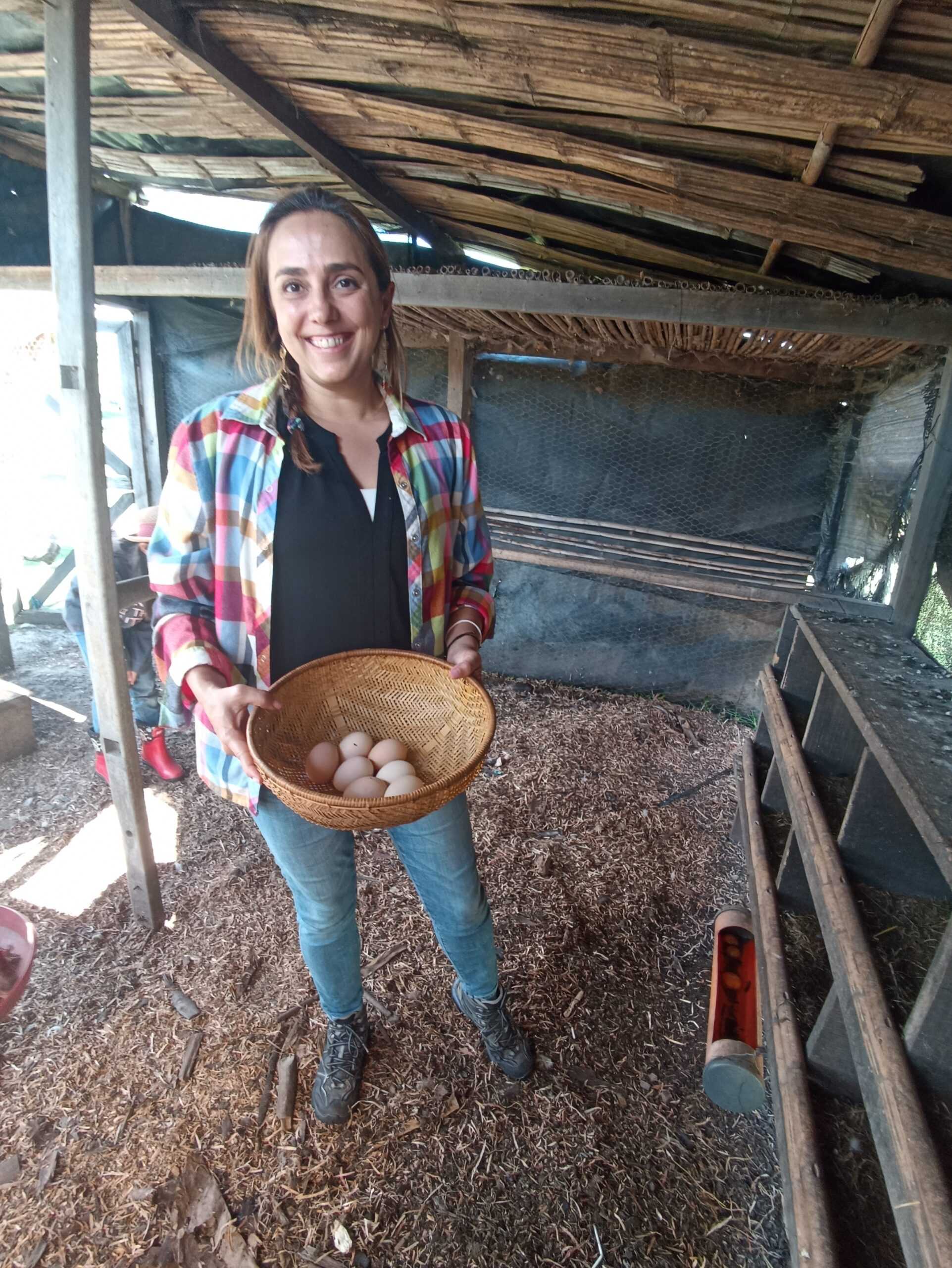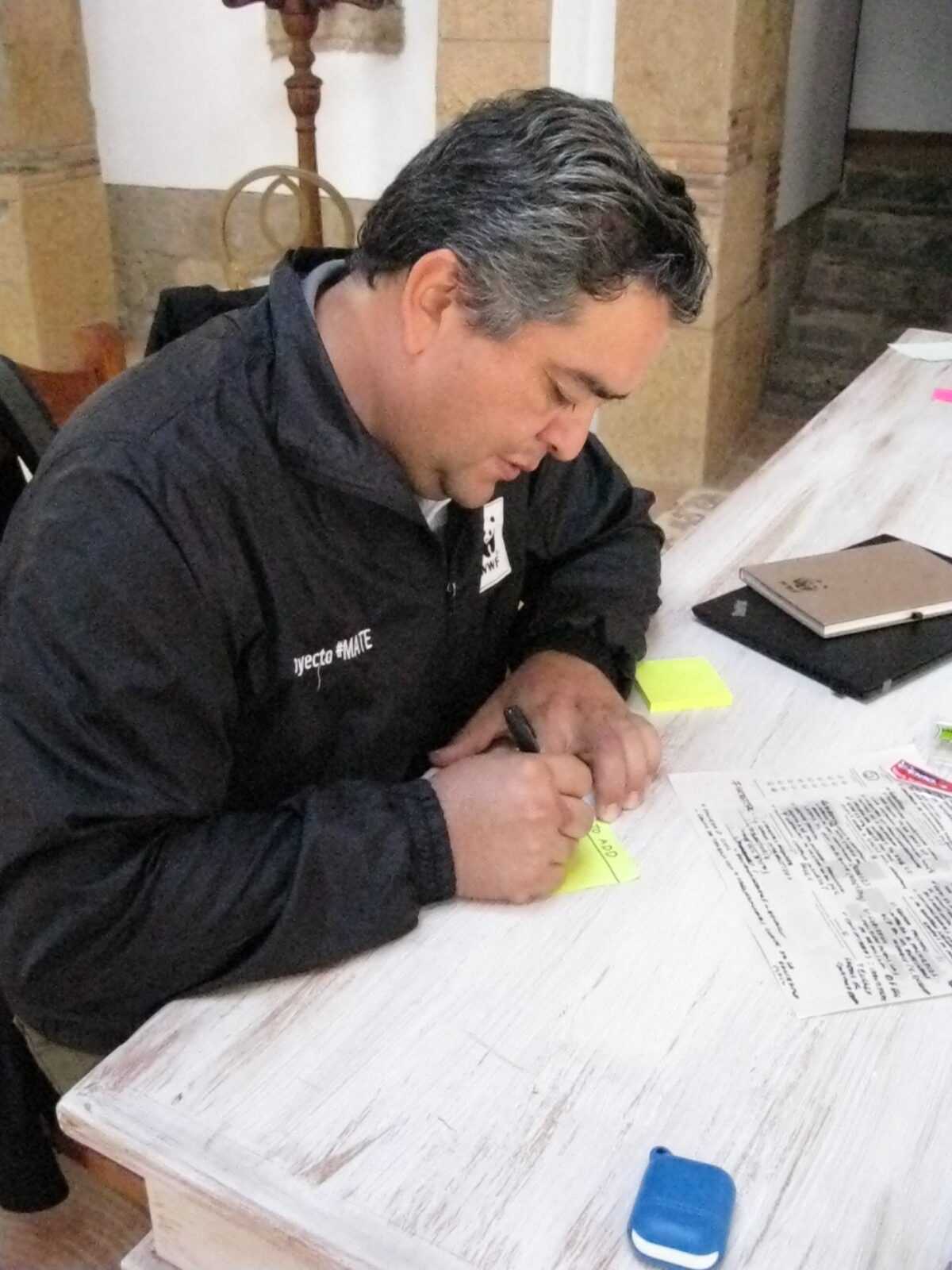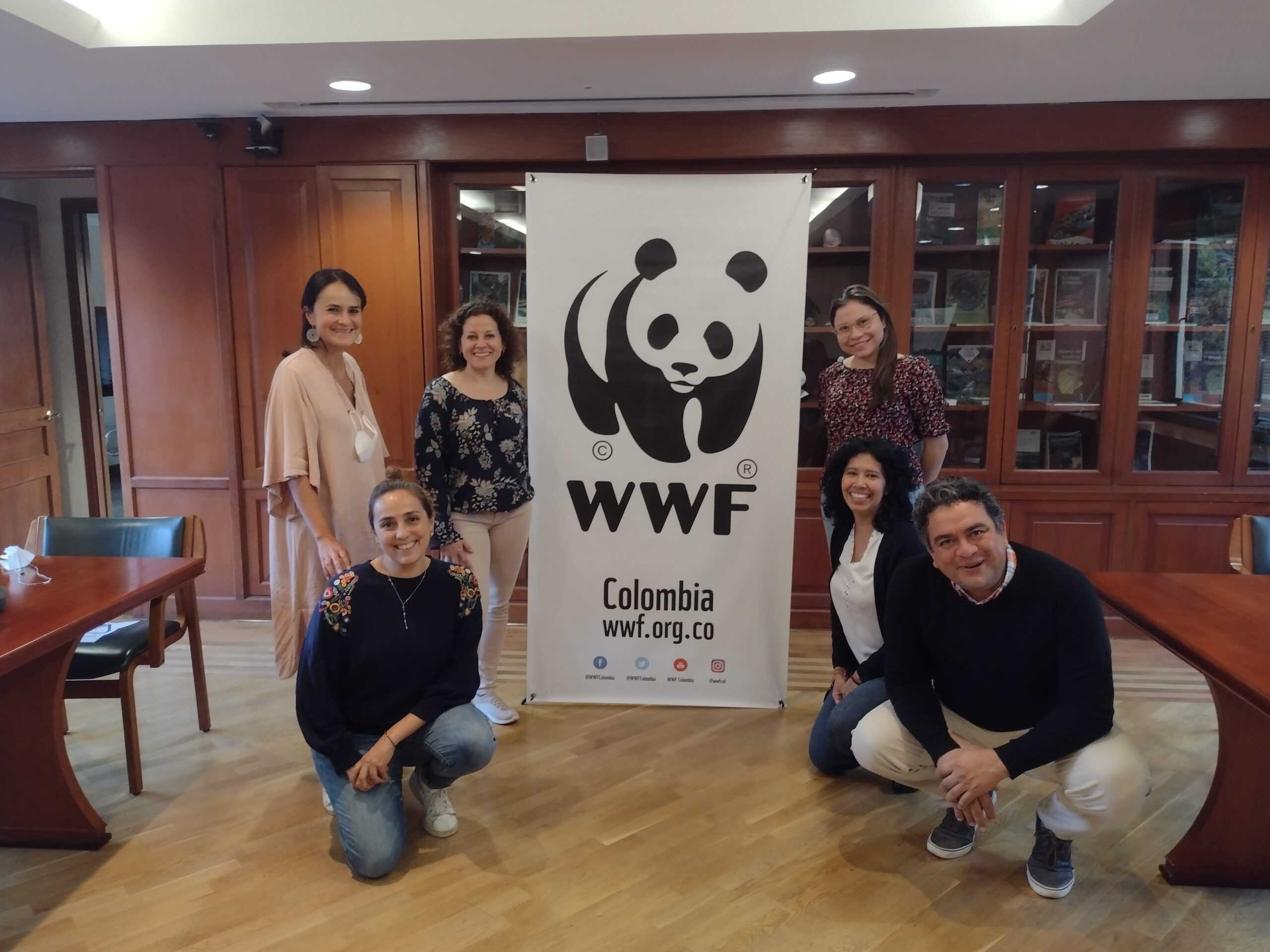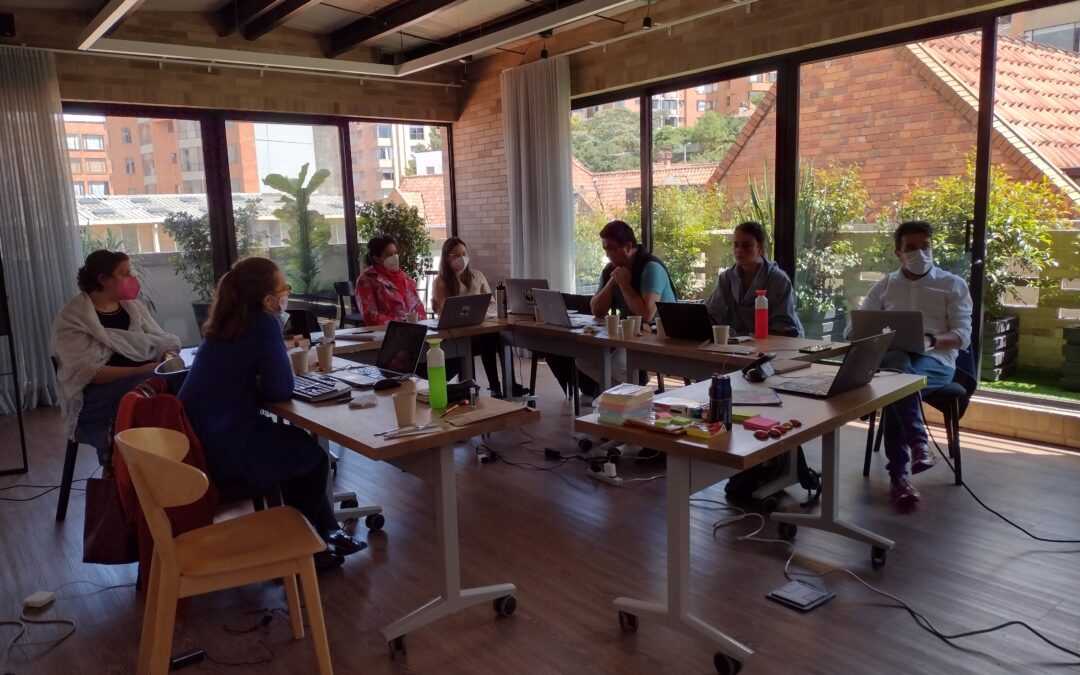One highlight was a field trip to the cooperative “Cooperativa de Campo y Cocina” and all participants valued the opportunity to get to know each other in person.
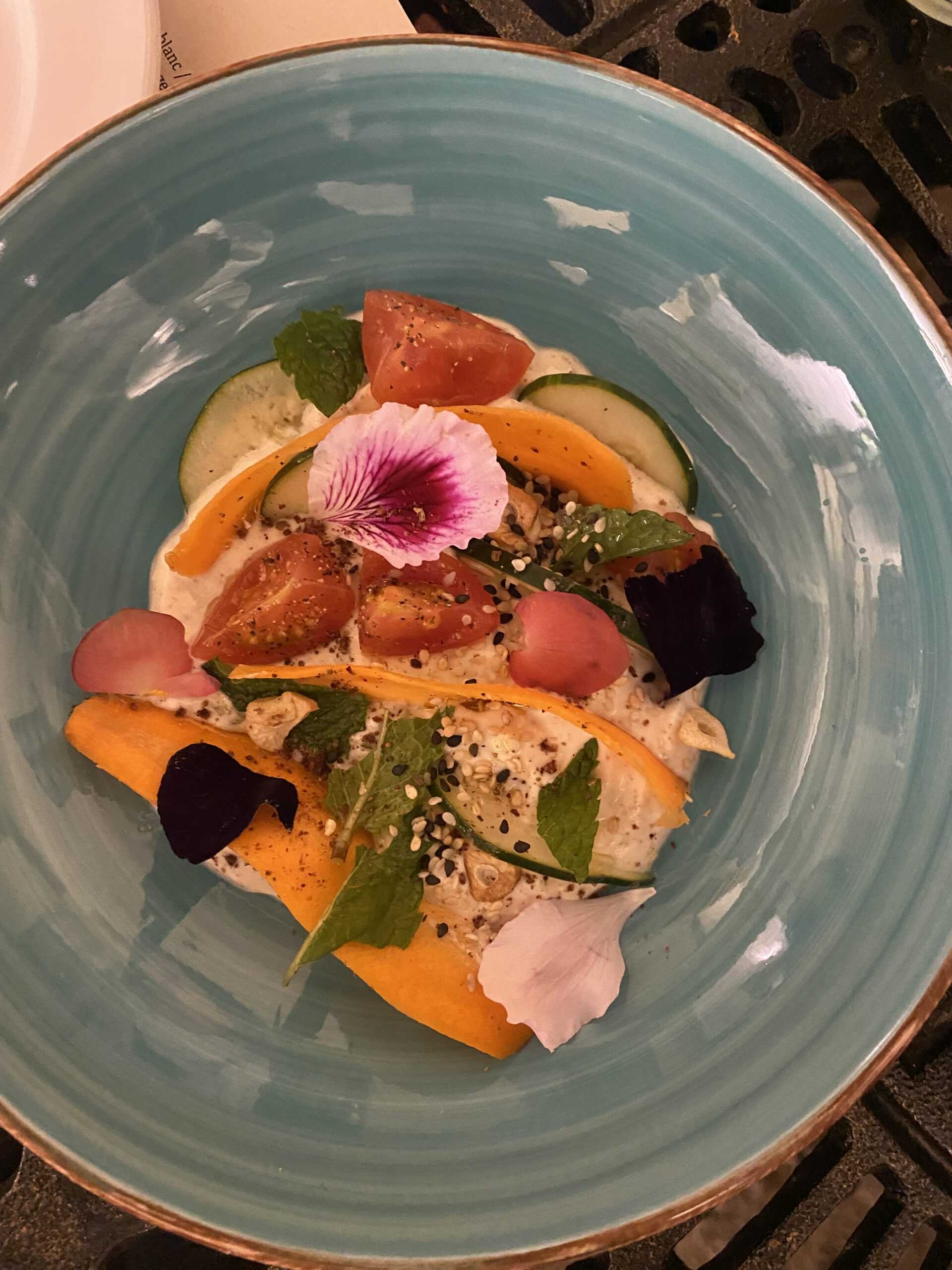
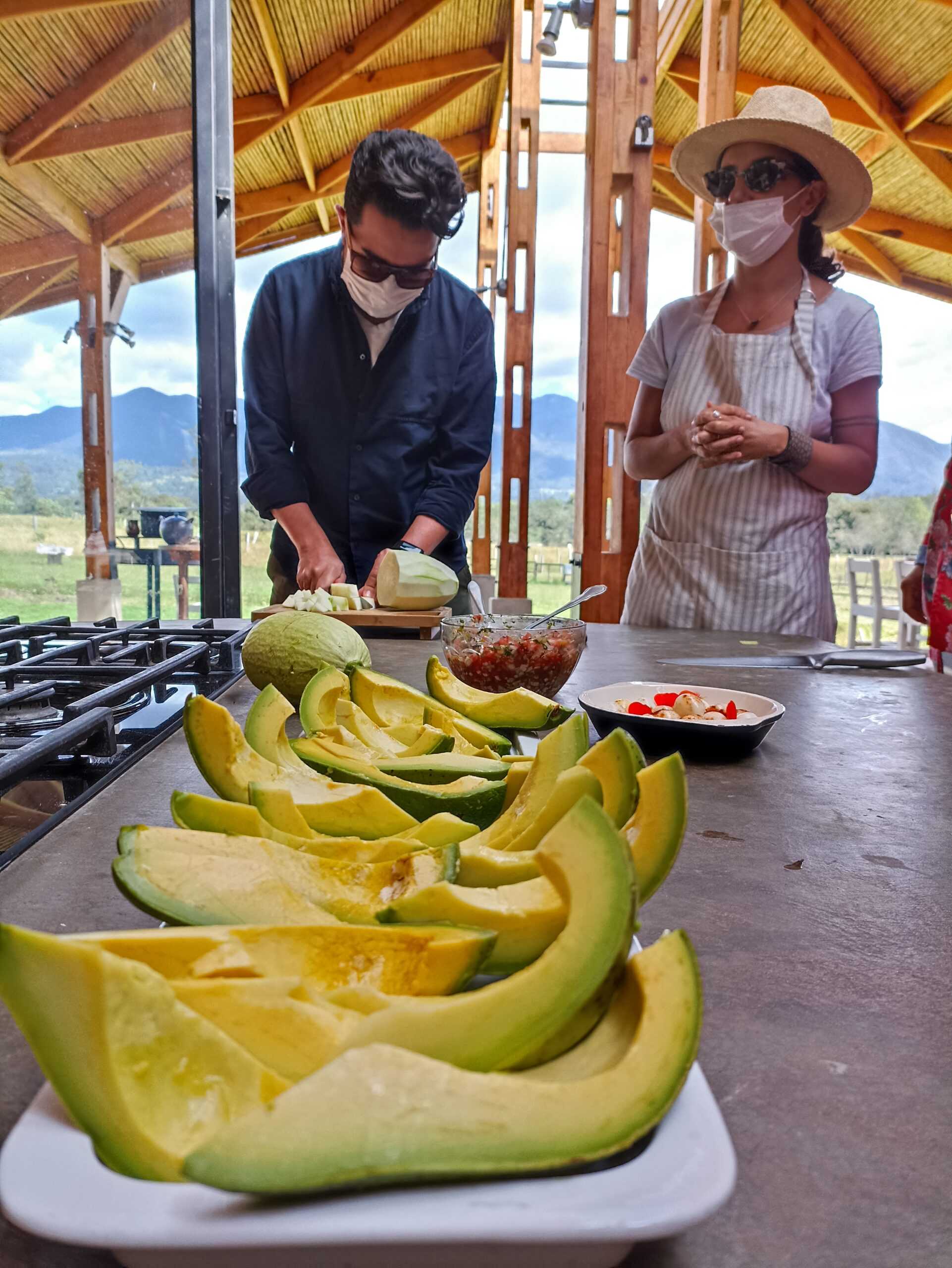
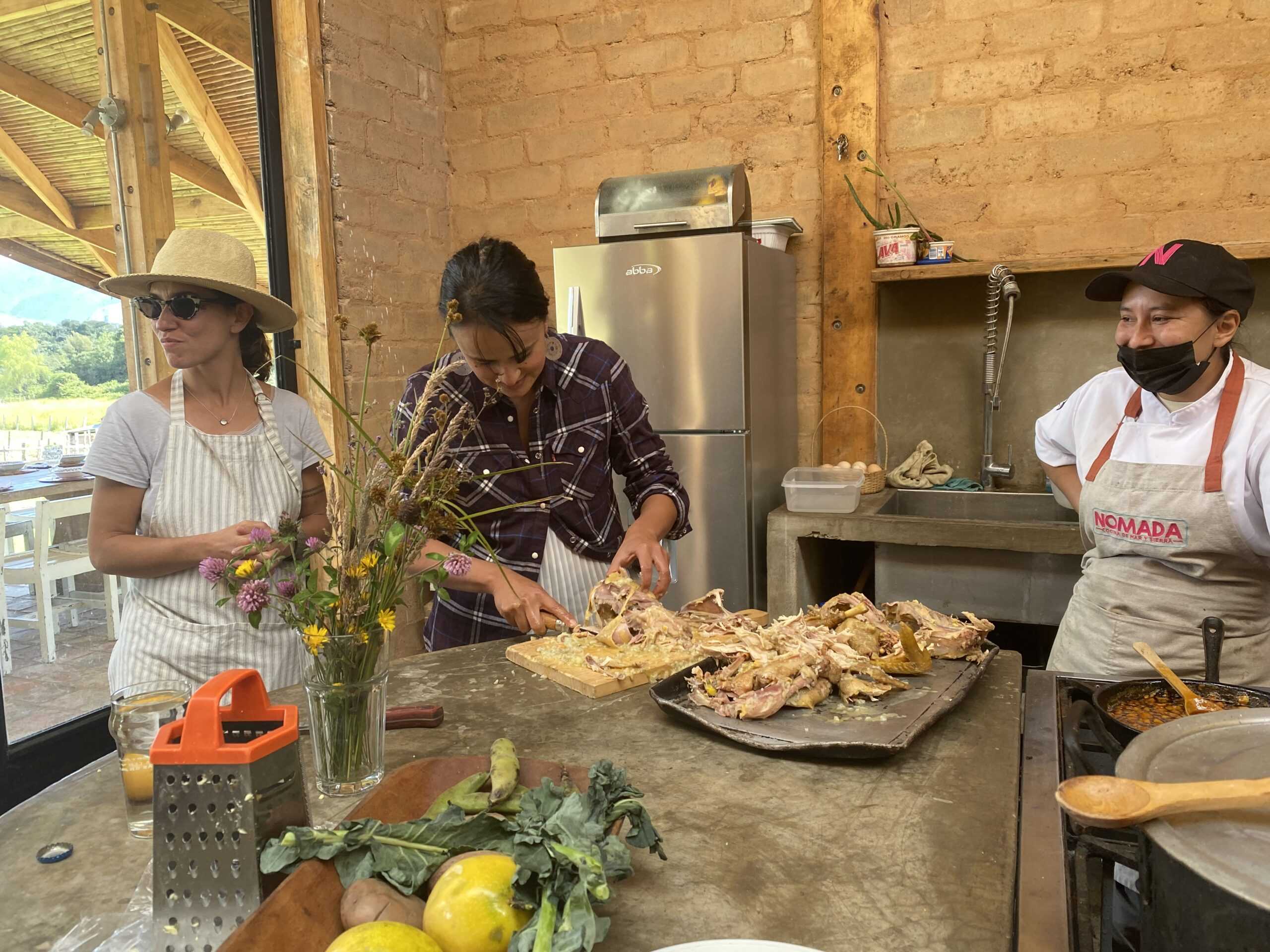
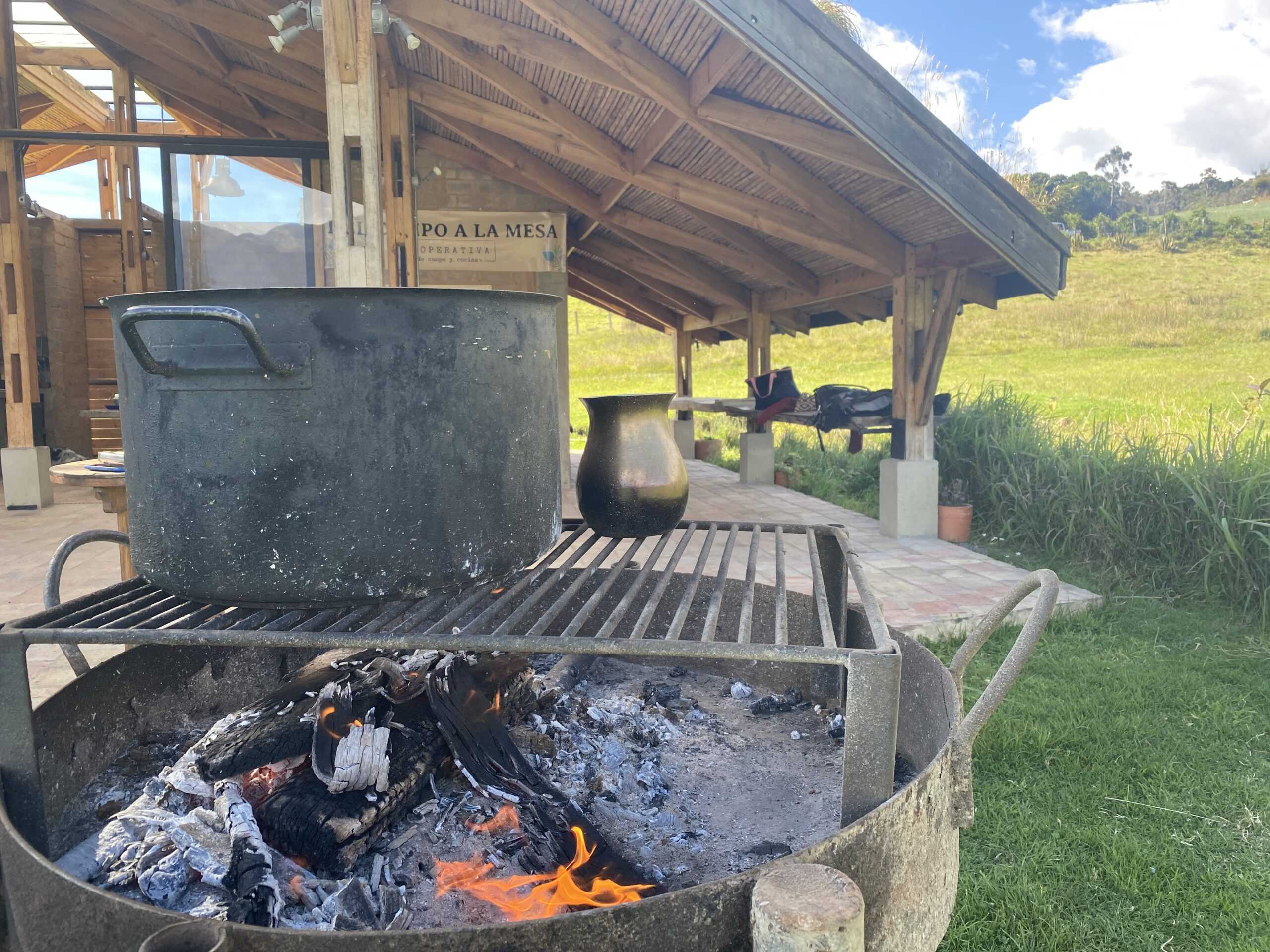
Coordination Workshop in Bogotá
Part of the workshop was a review of the results chain to identify gaps in our project approach, and to think of additional levers to use to ensure project success. The team member shared their strategies that have been successful with the key stakehlders, and assessed what worked well and what could be improved.
Farm to fork
School children, chefs, companies and non-governmental organizations visit this place to understand how to achieve more sustainable food consumption and production, taking into account the different environmental aspects.
Laura’s experiences from all these years have been summarized in a video that is part of an online course on sustainable gastronomy launched last year by WWF Colombia. The course is targeted at people working in restaurants or the hospitality industry. It explains, in understandable language and mainly through videos how food production and consumption are key to solving the global crisis and how this sector can be part of this change by applying different principles and practices.
